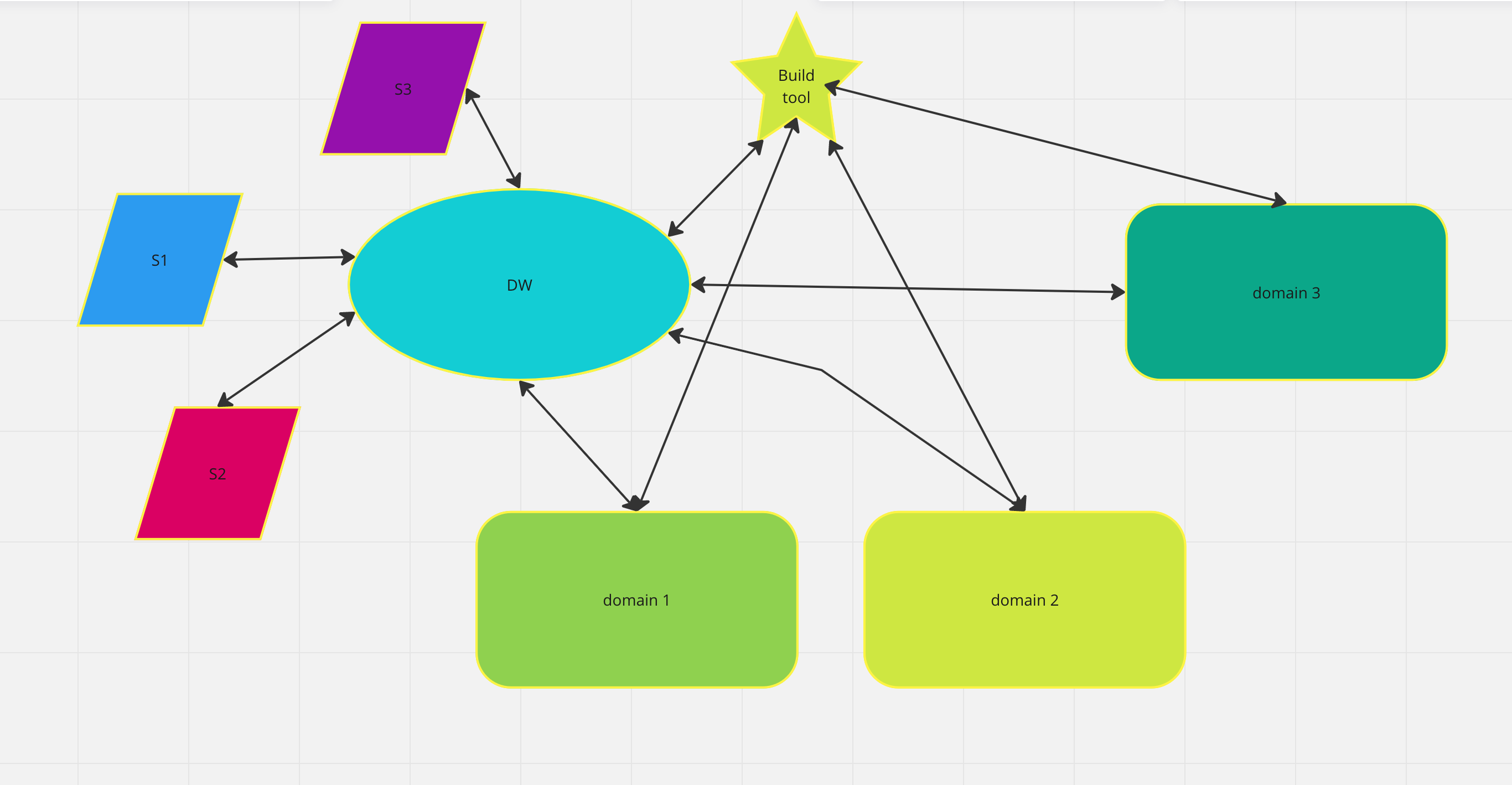JPMorgan Chase & Co. is one of the largest financial institutions in the world, with operations spanning investment banking, asset management, consumer and commercial banking, and more. In recent years, the company has been investing heavily in machine learning and artificial intelligence to improve operations and better serve its customers.
One of JPMorgan’s most notable machine learning initiatives is its Contract Intelligence (COiN) program, which uses natural language processing to analyze and extract data from legal contracts. This program was developed in response to the company’s massive volume of contracts, which previously had to be manually reviewed and processed by teams of lawyers. COiN has helped streamline the process and increase efficiency, reducing the time and cost of contract review by up to 80%.
Another area where JPMorgan has been utilizing machine learning is in its anti-money laundering (AML) efforts. The company has developed a system that uses artificial intelligence to monitor transactions for suspicious activity and flag potential cases of money laundering. This system is capable of analyzing vast amounts of data in real-time, allowing JPMorgan to quickly identify and investigate potential threats.
JPMorgan has also implemented machine learning in its customer service operations. The company has developed a chatbot that uses natural language processing to understand and respond to customer inquiries. This technology has helped improve response times and reduce customer wait times, ultimately resulting in a better overall customer experience.
JPMorgan’s machine learning initiatives have been successful in improving the company’s operations and bottom line. In 2020, the company reported a net income of $29.1 billion, an increase of 42% from the previous year. The company’s CEO, Jamie Dimon, has credited much of this growth to JPMorgan’s investment in technology, including machine learning and artificial intelligence.
JPMorgan’s machine learning initiatives have also helped the company navigate the challenges of the COVID-19 pandemic. With many employees working remotely, JPMorgan has utilized machine learning to improve collaboration and communication among teams. The company has also developed machine learning models to help identify potential supply chain disruptions and other risks related to the pandemic.
While JPMorgan’s machine learning programs have been successful, the company has also faced some challenges. One issue has been the need for skilled data scientists and engineers to develop and implement these programs. JPMorgan has addressed this by investing in training and development programs to ensure that employees have the necessary skills to work with machine learning technologies.
JPMorgan has also faced concerns about the potential bias in machine learning models. To address this issue, the company has implemented measures to ensure that its models are unbiased and that decisions made using machine learning are explainable and transparent.
In terms of timeline, JPMorgan began investing in machine learning and artificial intelligence in the early 2010s. The company established a Machine Learning Center of Excellence in 2015 to focus on developing and implementing these technologies. Since then, JPMorgan has continued to expand its use of machine learning across its operations.
In conclusion, JPMorgan Chase & Co. has been a leader in the adoption of machine learning and artificial intelligence in the financial industry. The company’s programs have helped improve operations, reduce costs, and ultimately drive growth. While there have been challenges along the way, JPMorgan has demonstrated a commitment to investing in these technologies and ensuring that they are used in an ethical and responsible manner.
- “JPMorgan Chase 2019 Annual Report.” JPMorgan Chase & Co. Accessed February 17, 2023. https://www.jpmorganchase.com/content/dam/jpmc/jpmorgan-chase-and-co/investor-relations/documents/annual-report-2019.pdf
- Kshetri, Nir. “Blockchain’s Roles in Meeting Key Supply Chain Management Objectives.” International Journal of Information Management 39 (2018): 80-89.
- “JPMorgan and the AI revolution.” JPMorgan Chase & Co. Accessed February 17, 2023. https://www.jpmorgan.com/global/technology/ai
- “JP Morgan Chase creates new AI division.” Financial Times. November 14, 2019. Accessed February 17, 2023. https://www.ft.com/content/2f7e7e44-06db-11ea-a958-5e9b7282cbd1
- “JPMorgan Chase Forms New Team Focused on Emerging Blockchain Tech.” Coindesk. April 22, 2021. Accessed February 17, 2023. https://www.coindesk.com/business/2021/04/22/jpmorgan-chase-forms-new-team-focused-on-emerging-blockchain-tech/


